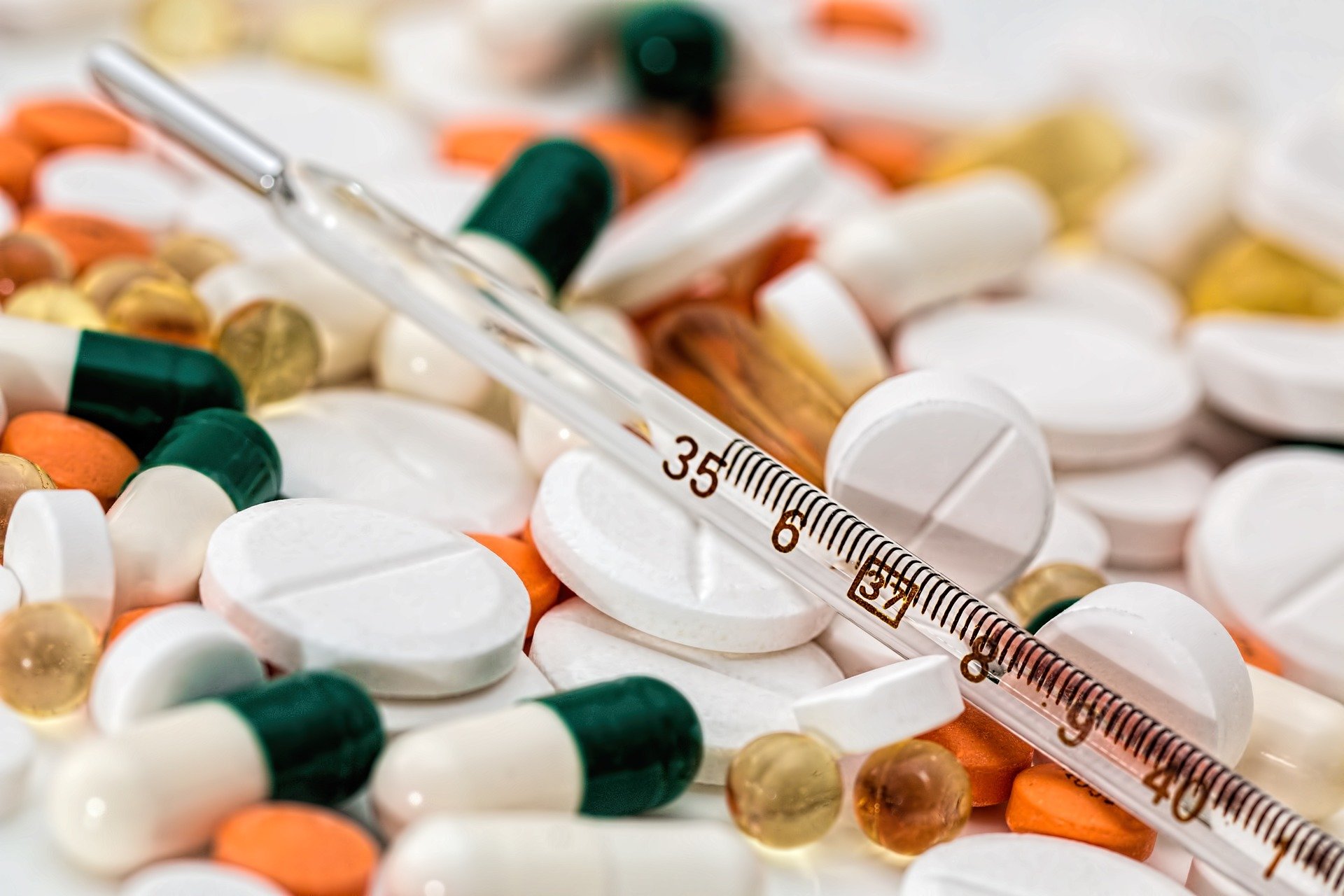The opioid crisis continues to devastate communities worldwide, affecting millions of individuals and their families. Opioid addiction is a powerful and life-threatening condition, often requiring immediate medical intervention. The first step in overcoming this addiction is opioid detox, a process that removes harmful substances from the body and initiates the path to recovery. This life-saving process not only addresses the physical dependency on opioids but also sets the stage for long-term sobriety and improved quality of life.
What Is Opioid Detox?
Opioid detox is the process of eliminating opioids from the body under medical supervision. This step is critical for breaking the cycle of physical dependency caused by prolonged opioid use. When individuals stop using opioids, their bodies experience withdrawal symptoms as they adjust to functioning without the drug.
Withdrawal symptoms can range from mild discomfort to severe, life-threatening complications. These symptoms often include:
- Intense cravings
- Anxiety and restlessness
- Muscle aches and pains
- Nausea, vomiting, and diarrhea
- Sweating and chills
- Insomnia
While the detox process itself doesn’t treat the underlying psychological aspects of addiction, it is an essential first step toward recovery.
Why Is Opioid Detox Necessary?
Opioid detox isn’t just about quitting a drug—it’s about saving lives. Here’s how detox can make a life-changing difference:
- Preventing Overdose – Opioid addiction often leads to increased tolerance, pushing individuals to consume higher doses to achieve the same effect. This significantly raises the risk of overdose, which can be fatal. Detox removes opioids from the system, reducing the immediate danger of a potentially deadly overdose.
- Managing Withdrawal Symptoms Safely – Withdrawal symptoms can be severe and, in some cases, life-threatening. Without medical supervision, individuals attempting to detox on their own may experience complications such as dehydration, heart irregularities, or seizures. Professional detox programs provide medical care, including medication-assisted treatment (MAT), to ensure safety and comfort during this process.
- Breaking Physical Dependency – Opioids alter brain chemistry, creating a physical dependency that’s difficult to overcome. Detox interrupts this dependency, giving individuals a clean slate to begin their recovery journey.
- Reducing Relapse Risk – The intense cravings and discomfort associated with withdrawal often drive individuals back to opioid use, perpetuating the cycle of addiction. A supervised detox provides a controlled environment where cravings are managed, significantly reducing the risk of relapse during the early stages of recovery.
The Role of Medication-Assisted Treatment in Opioid Detox
Medication-assisted treatment (MAT) is a critical component of opioid detox. MAT involves using FDA-approved medications to ease withdrawal symptoms and reduce cravings. Commonly used medications include:
- Methadone: Reduces withdrawal symptoms and cravings without producing the same “high” as opioids.
- Buprenorphine: Partially activates opioid receptors to minimize withdrawal effects.
- Naltrexone: Blocks opioid receptors to prevent the euphoric effects of opioids.
These medications, combined with medical supervision, ensure a safer and more comfortable detox process.
The Importance of Professional Detox Programs
Opioid detox should never be attempted alone. The risks of severe withdrawal symptoms and relapse are too high without professional guidance. Here’s why enrolling in a professional detox program is essential:
- 24/7 Medical Monitoring – Withdrawal symptoms can escalate quickly, and medical professionals are trained to handle emergencies. Round-the-clock care ensures individuals remain safe and comfortable throughout the detox process.
- Customized Treatment Plans – Each individual’s detox needs are different. A professional program tailors treatment to the person’s medical history, addiction severity, and overall health.
- Emotional and Psychological Support – Detox is not just a physical process—it’s an emotional one, too. Professional programs offer counseling and support to help individuals manage the psychological challenges of early recovery.
- Smooth Transition to Rehab – Detox is only the first step in recovery. Professional programs provide a seamless transition to rehab, where individuals can address the root causes of their addiction and develop strategies for maintaining sobriety.
How Opioid Detox Saves Lives Beyond Physical Health
The impact of opioid detox extends far beyond physical well-being. It helps individuals rebuild their lives by:
- Restoring Relationships: Addiction often strains relationships with family and friends. Detox is the first step toward rebuilding trust and repairing those connections.
- Improving Mental Health: Detox lays the groundwork for addressing co-occurring mental health issues, such as depression or anxiety, that often accompany addiction.
- Enhancing Quality of Life: By breaking free from addiction, individuals can focus on personal growth, career opportunities, and a healthier lifestyle.
A Lifesaving Step Toward Recovery
Opioid detox is not just a medical process – it’s a lifeline for individuals trapped in the cycle of addiction. By removing harmful substances from the body and providing a safe path through withdrawal, detox sets the stage for long-term recovery and a brighter future.
If you or someone you love is struggling with opioid addiction, don’t wait. Seek professional help today. Detox can save lives – and it could save yours.






